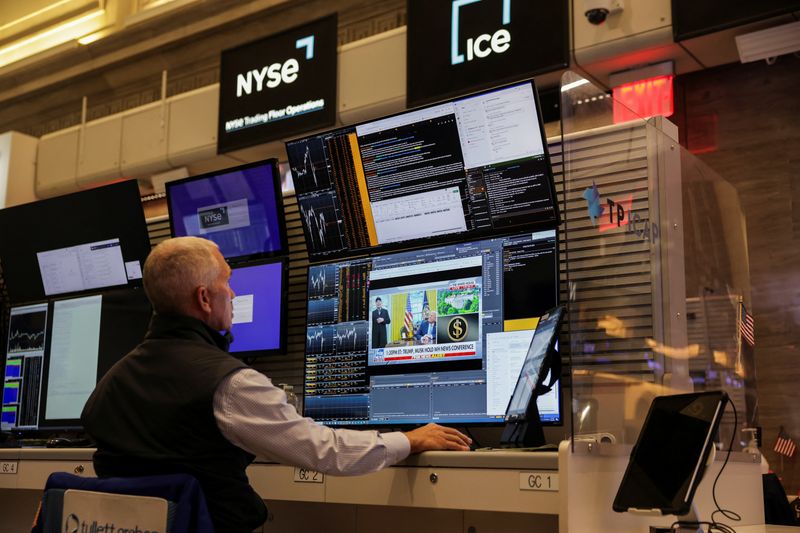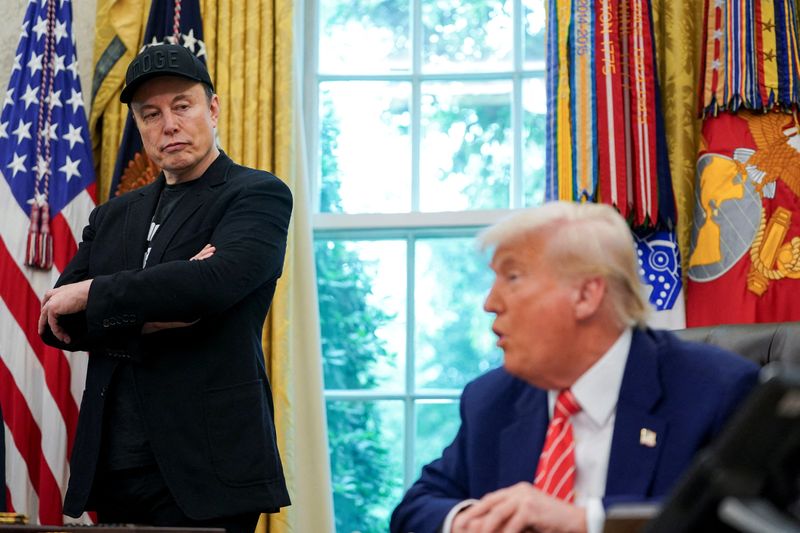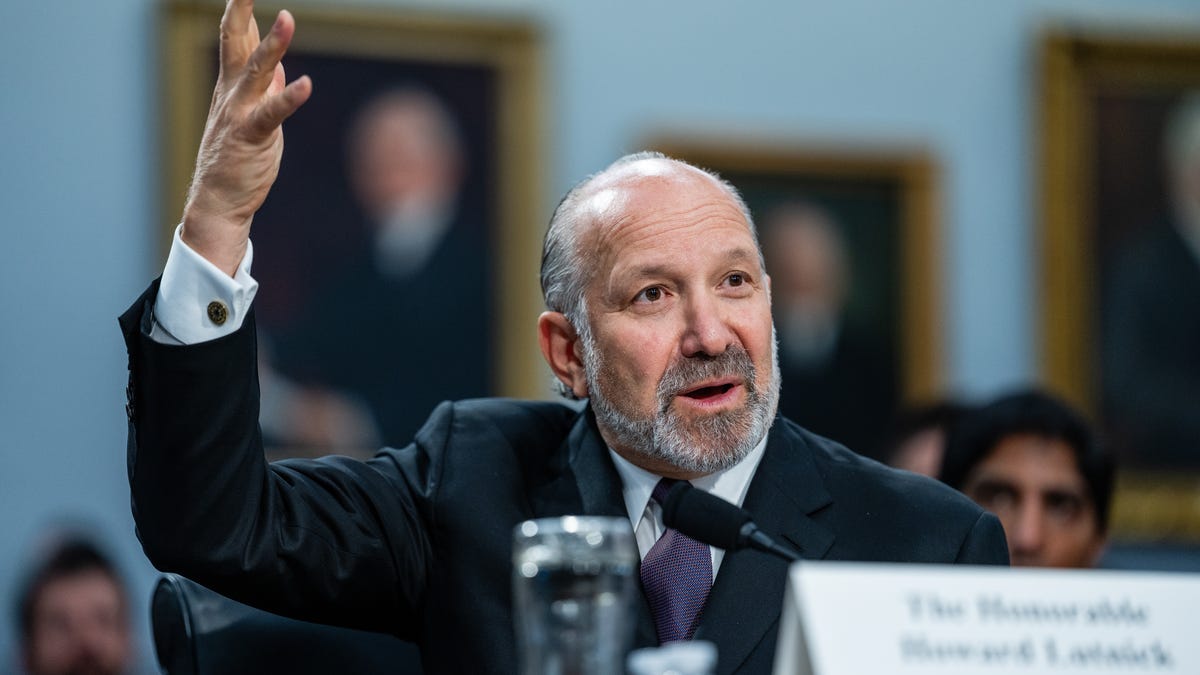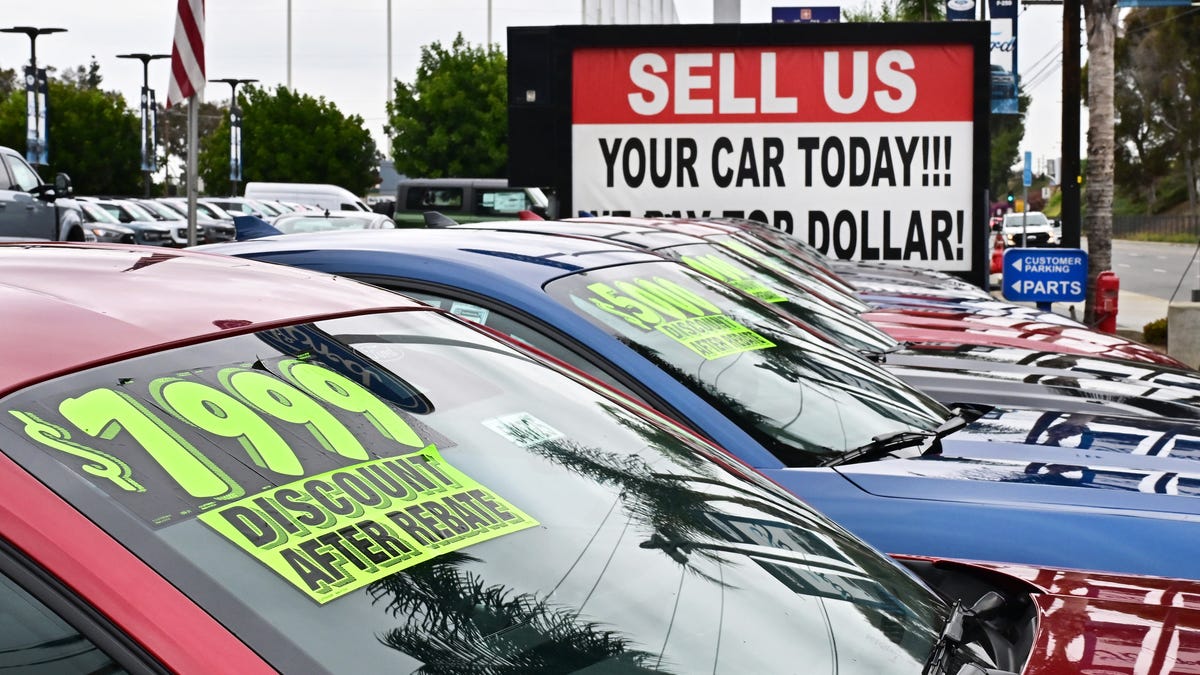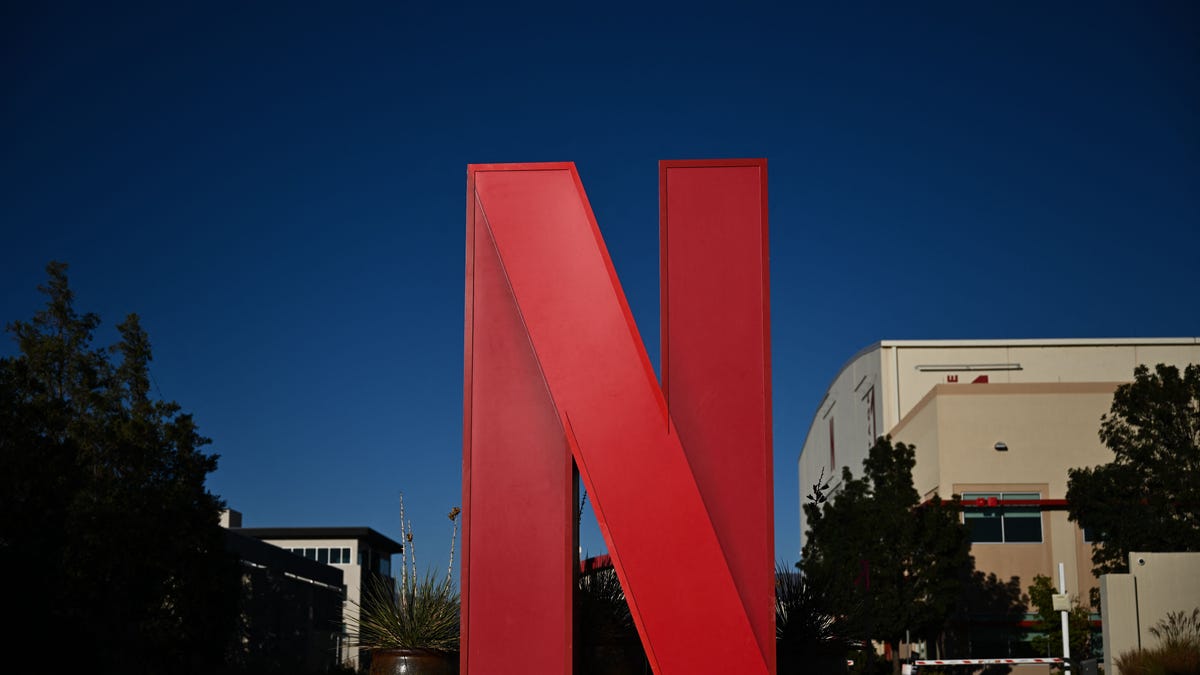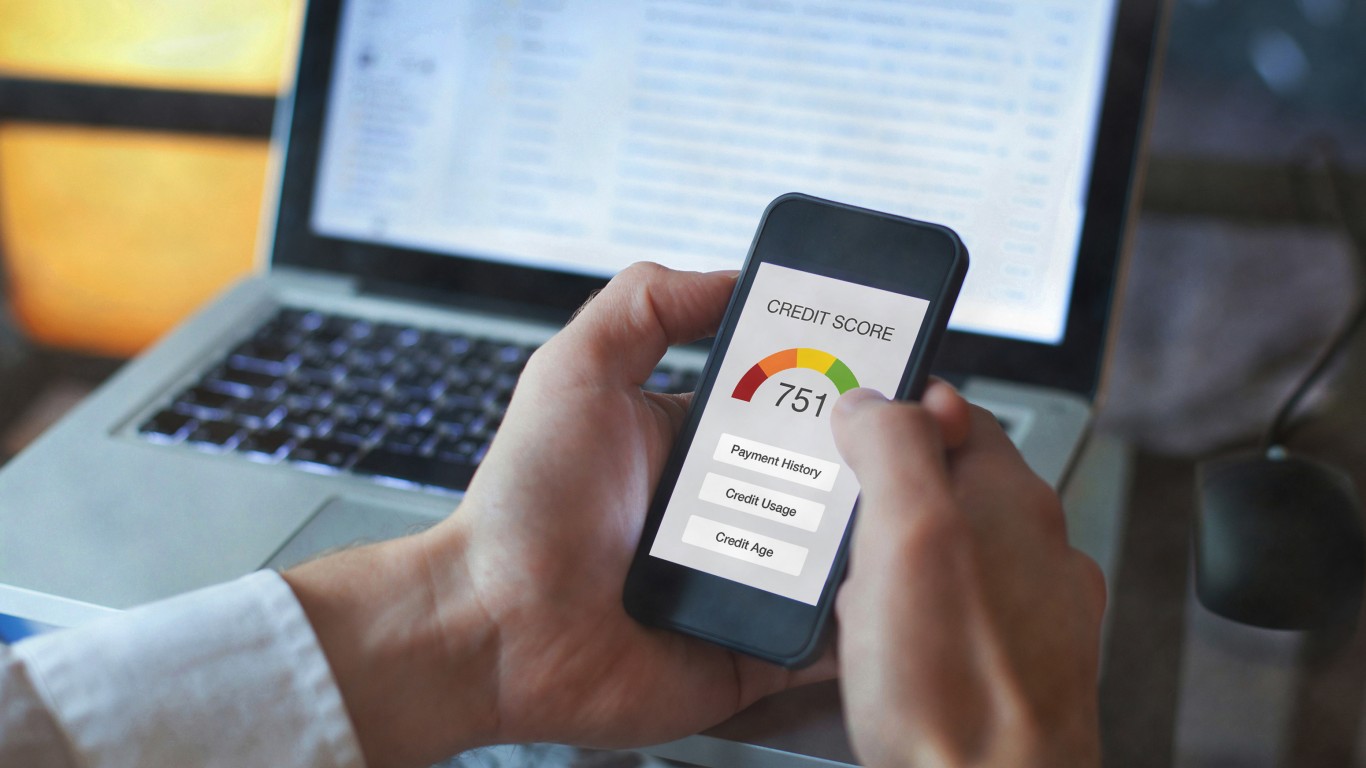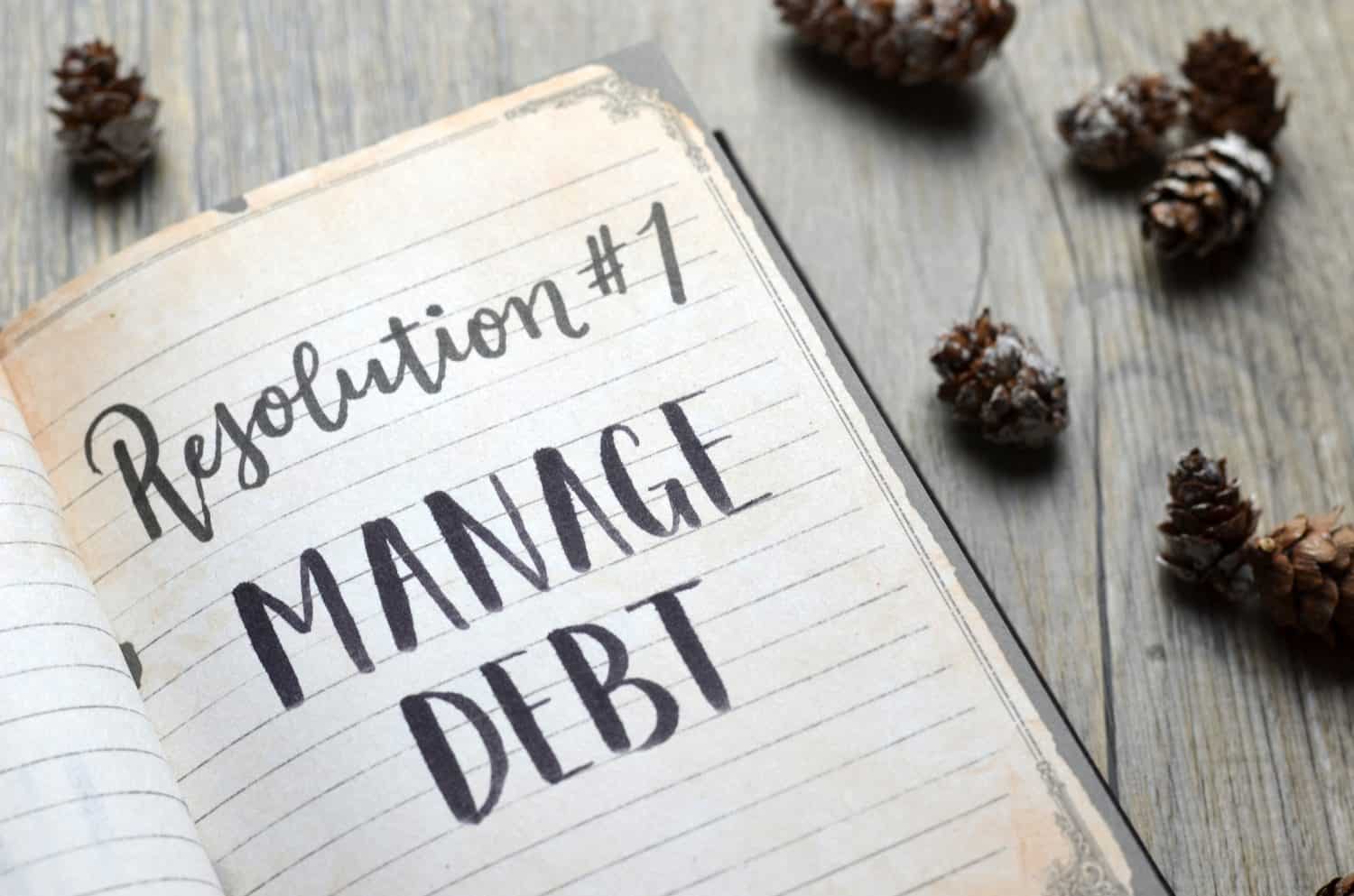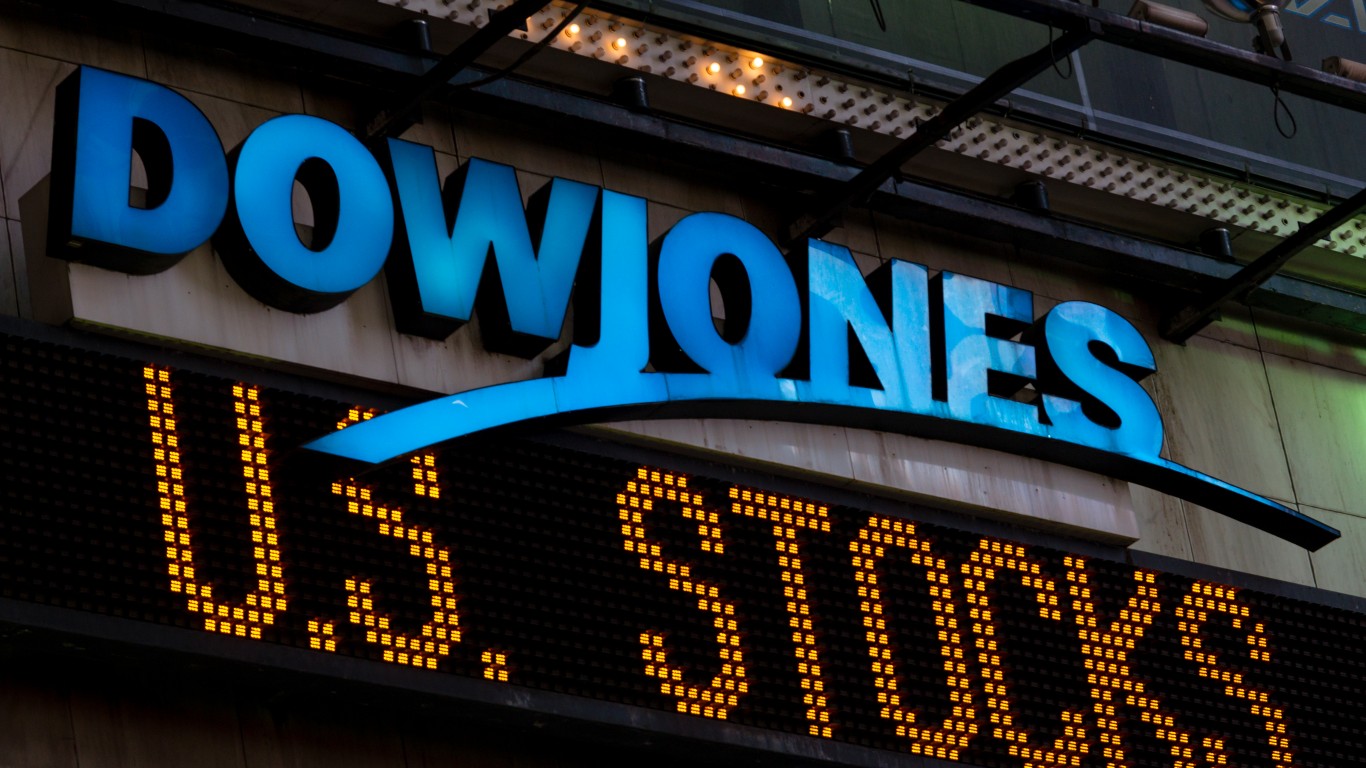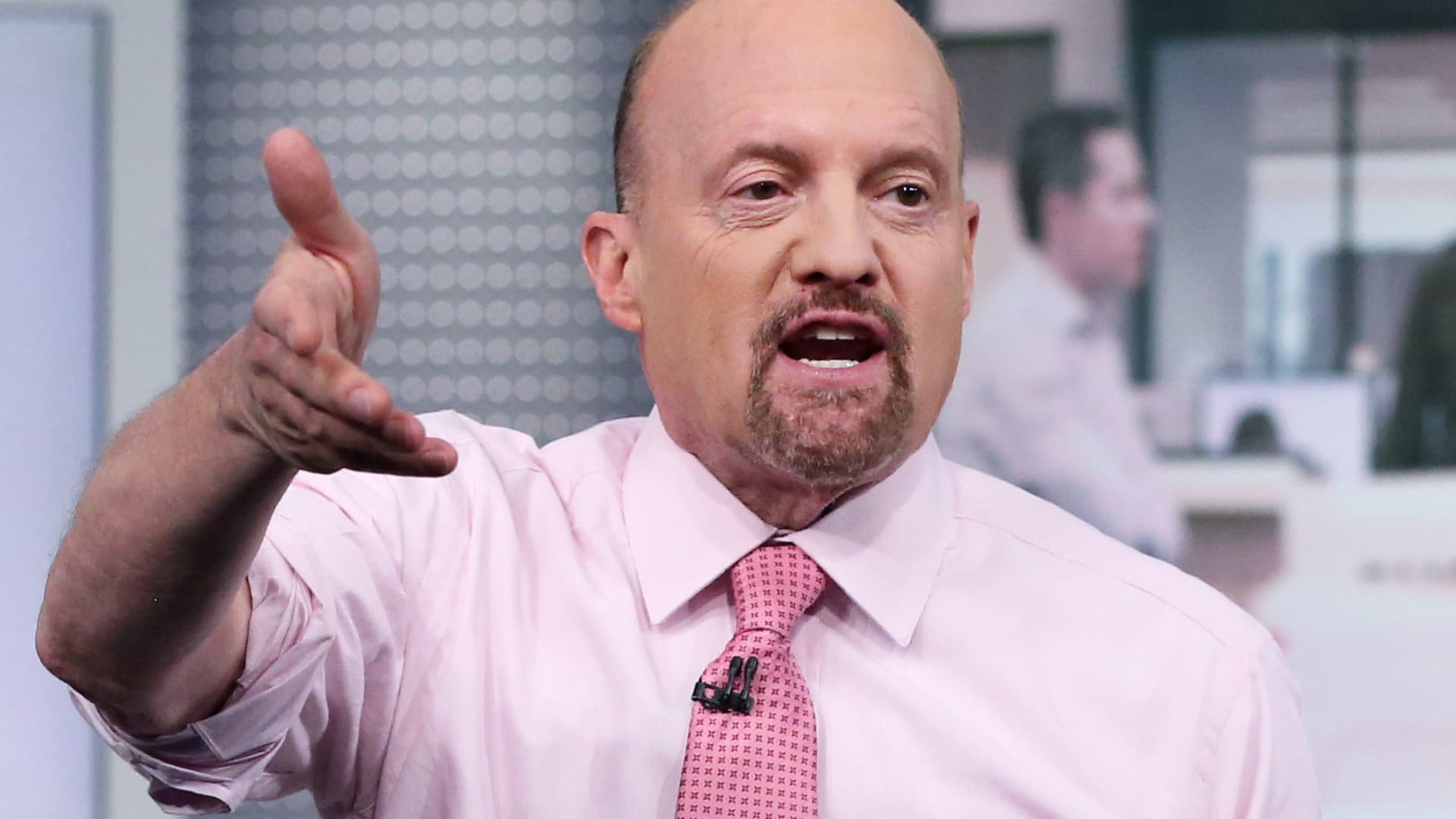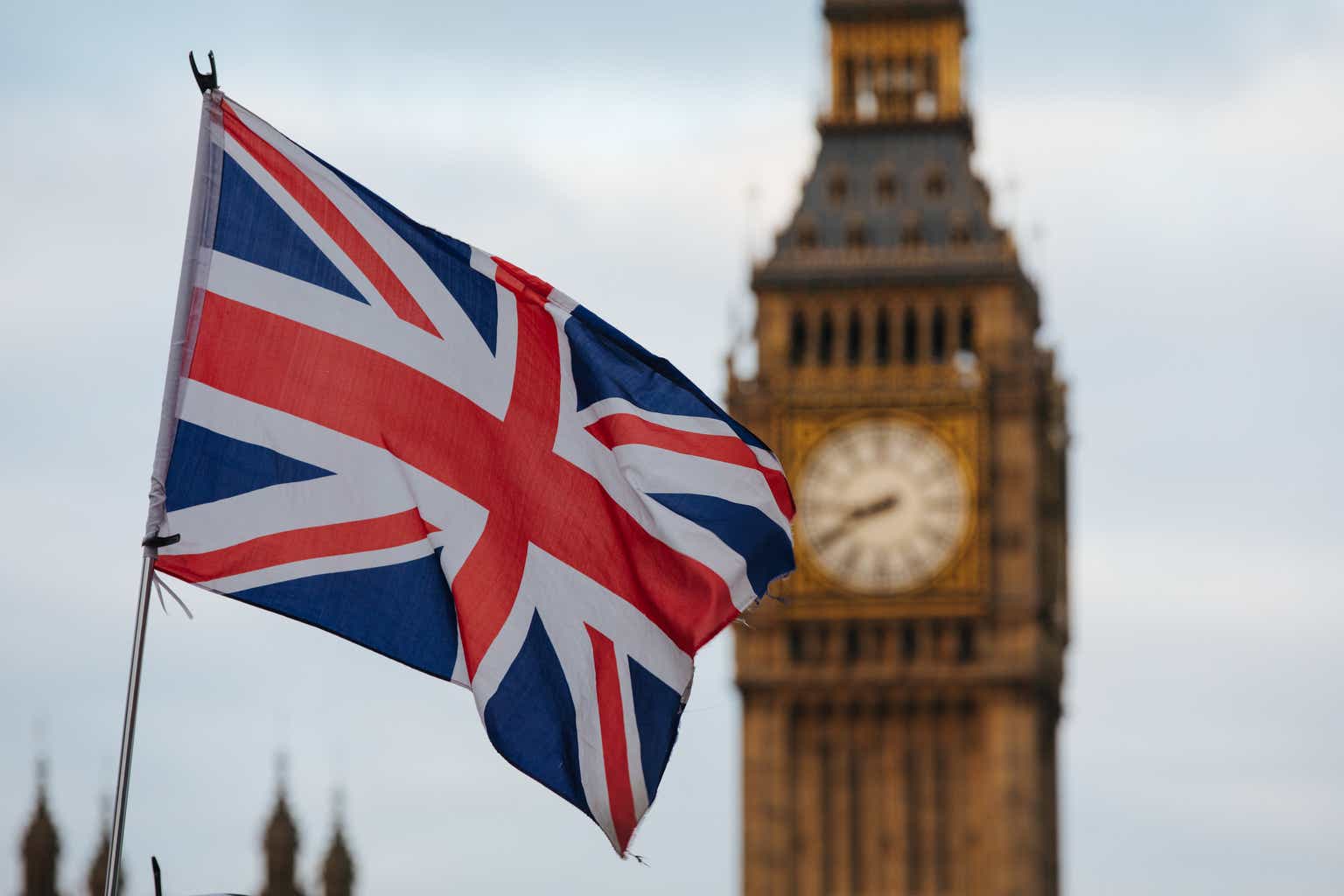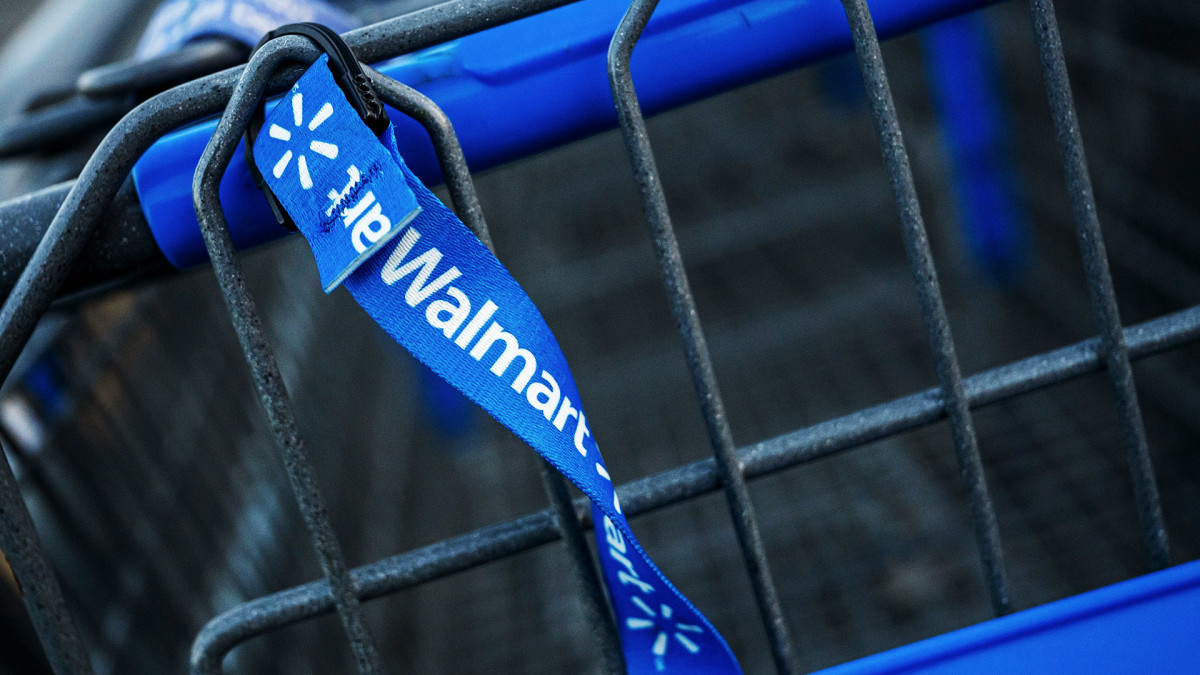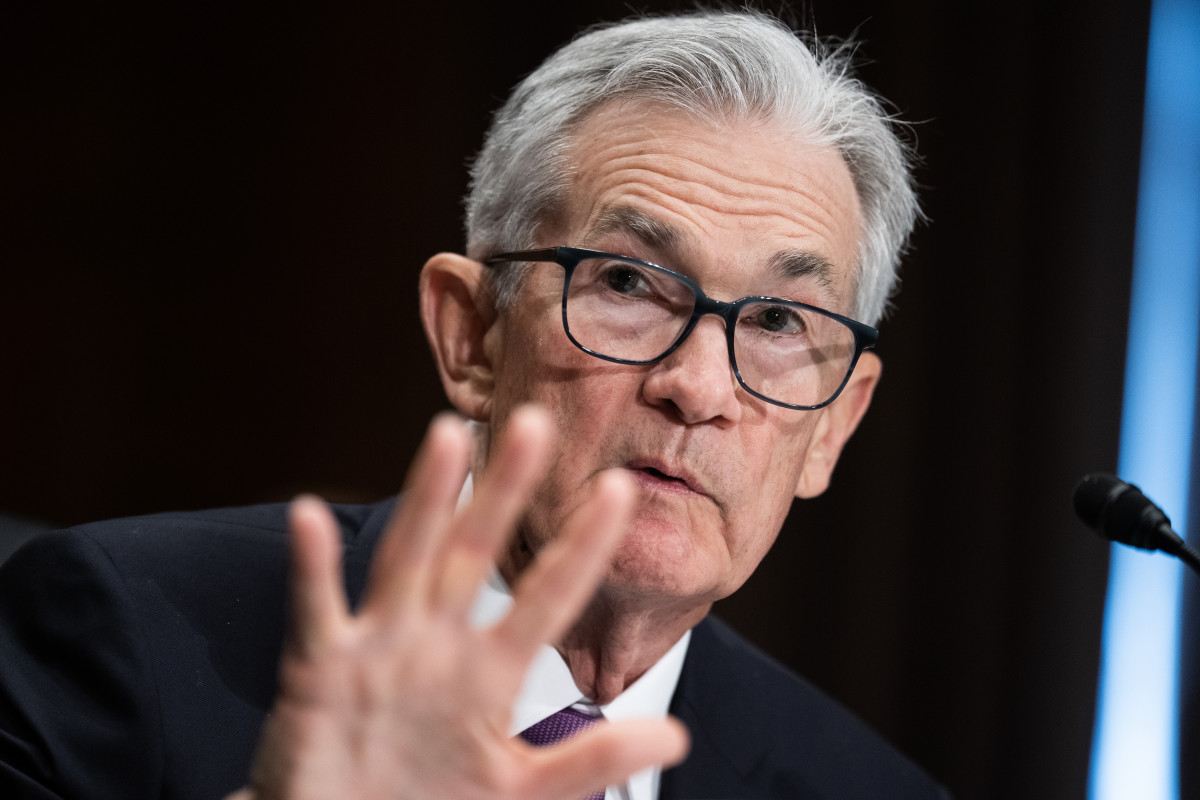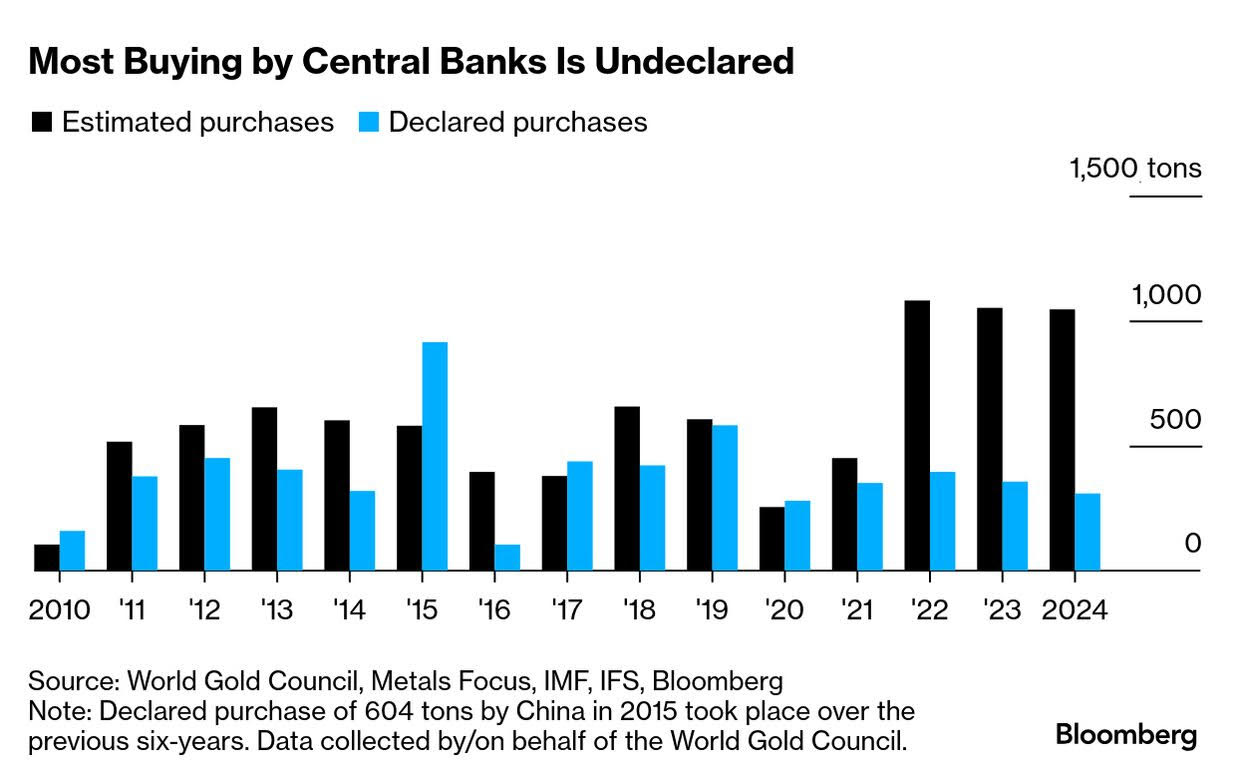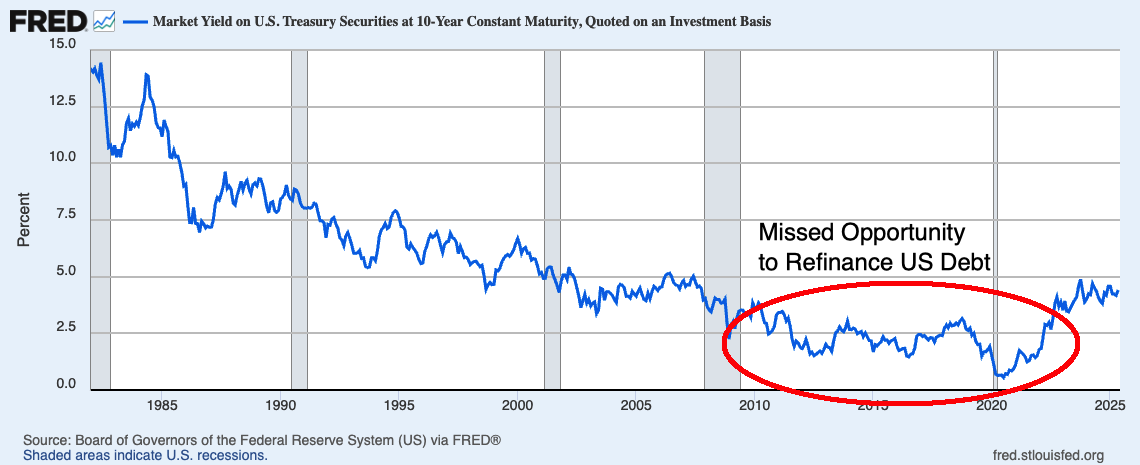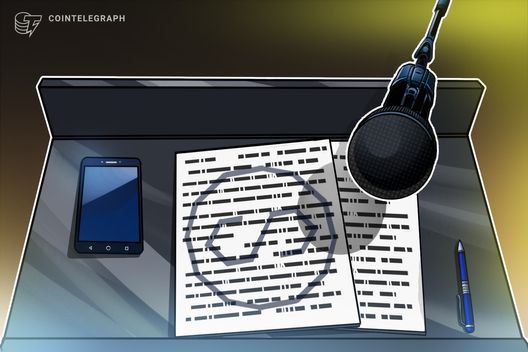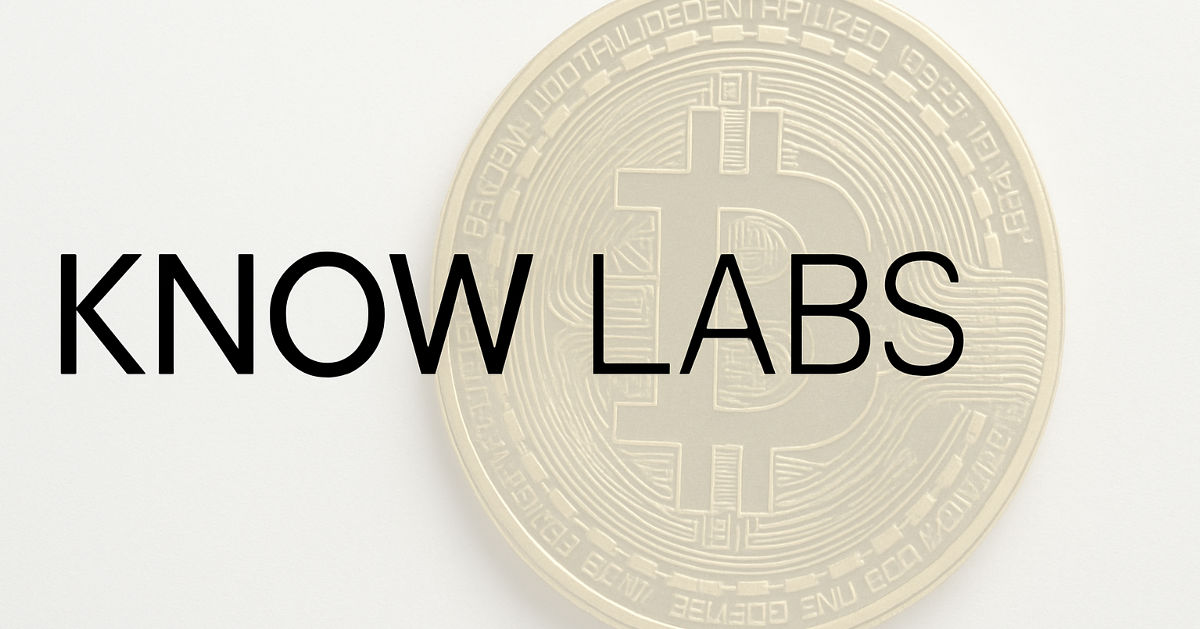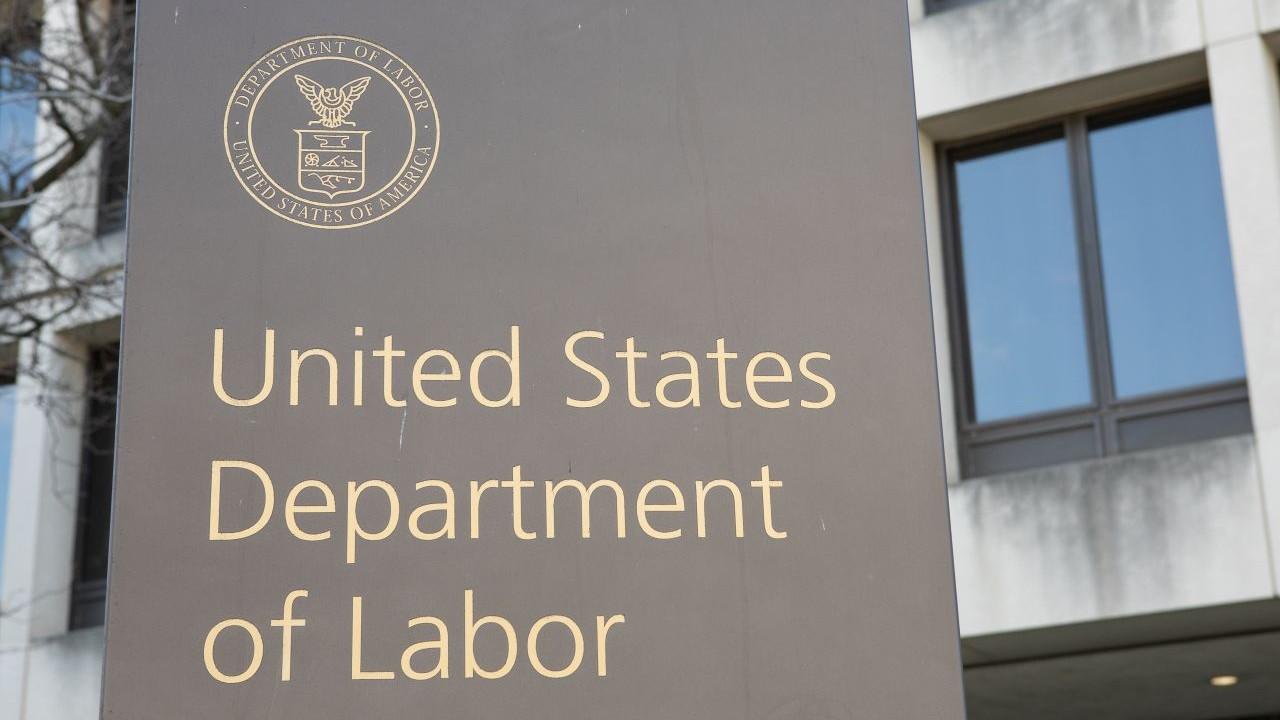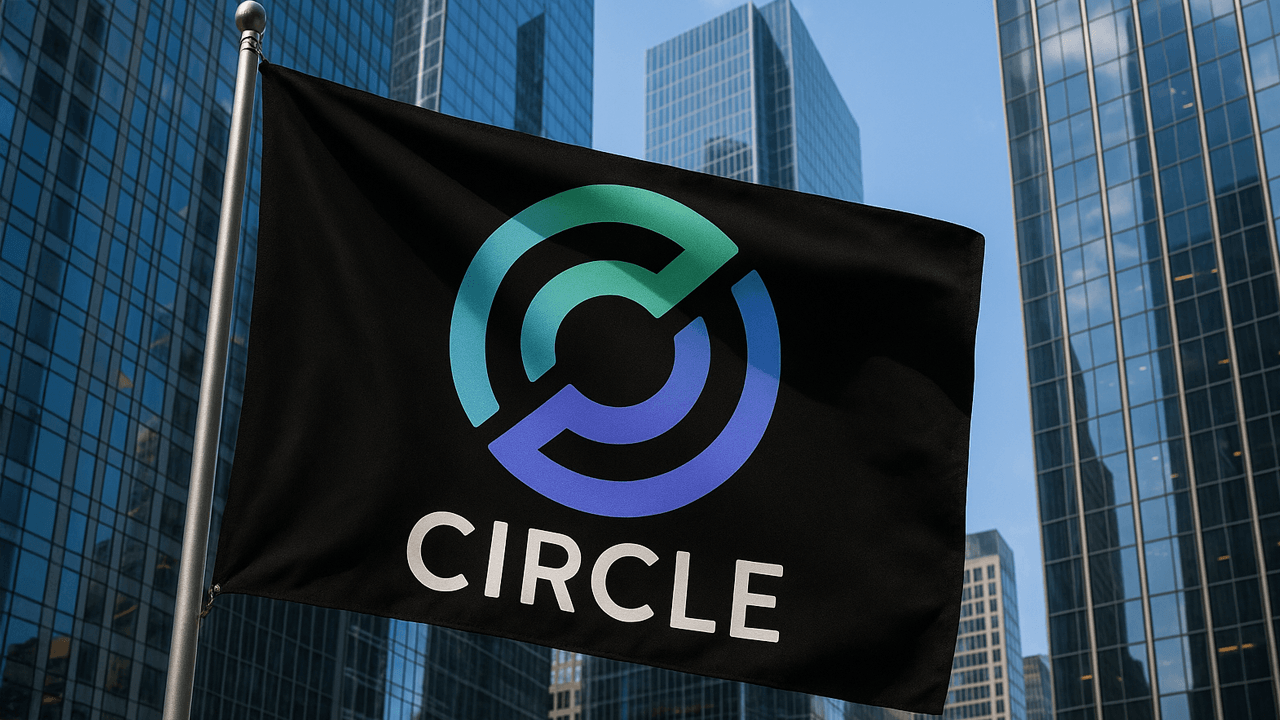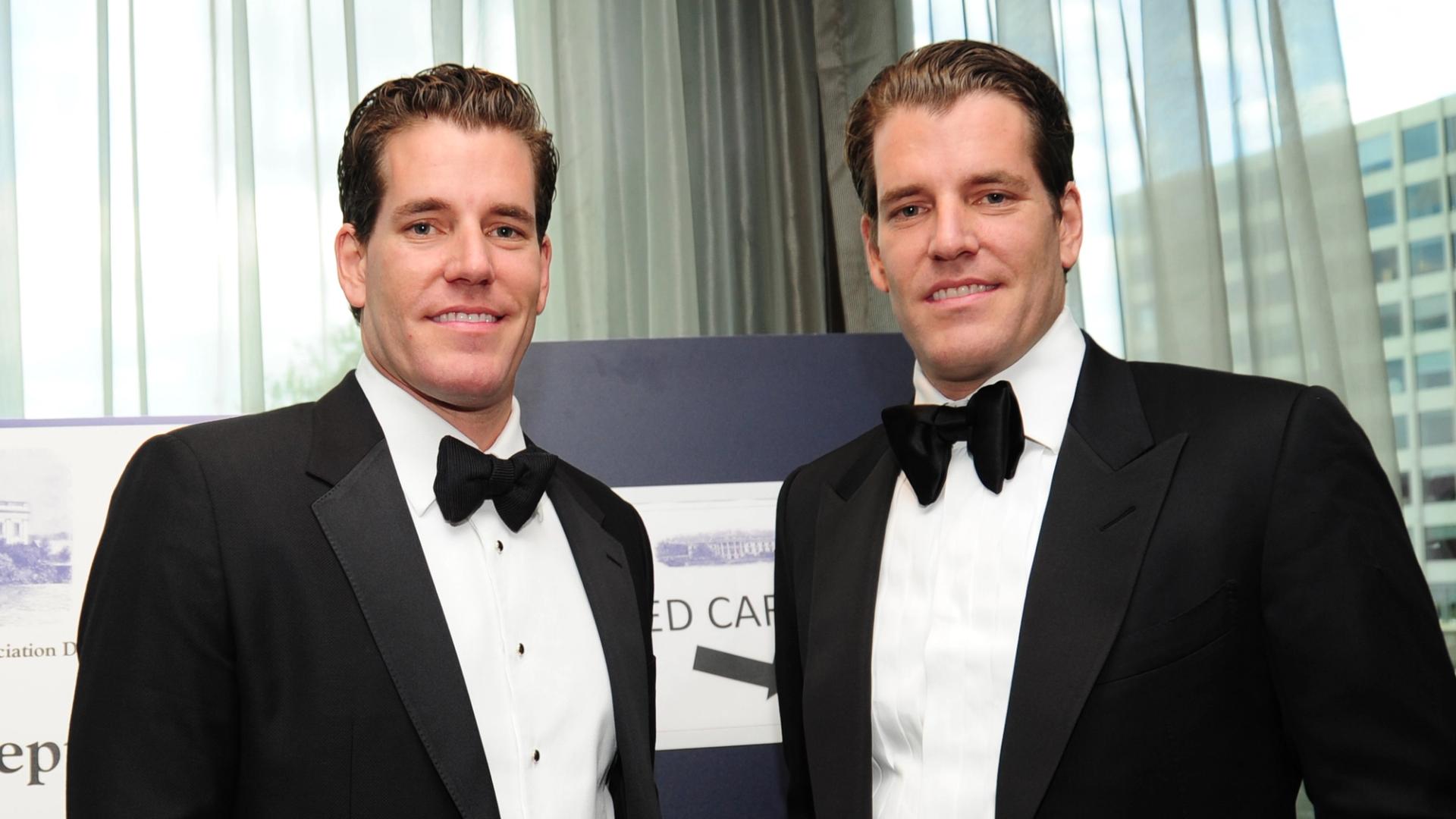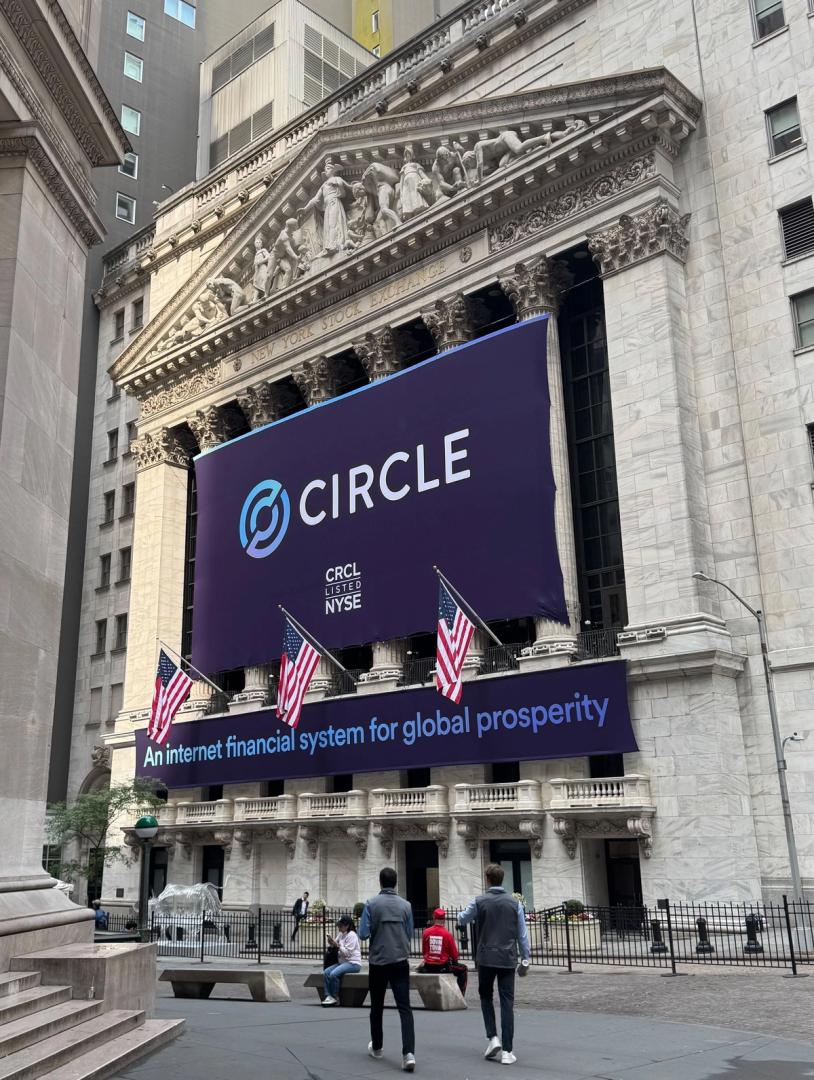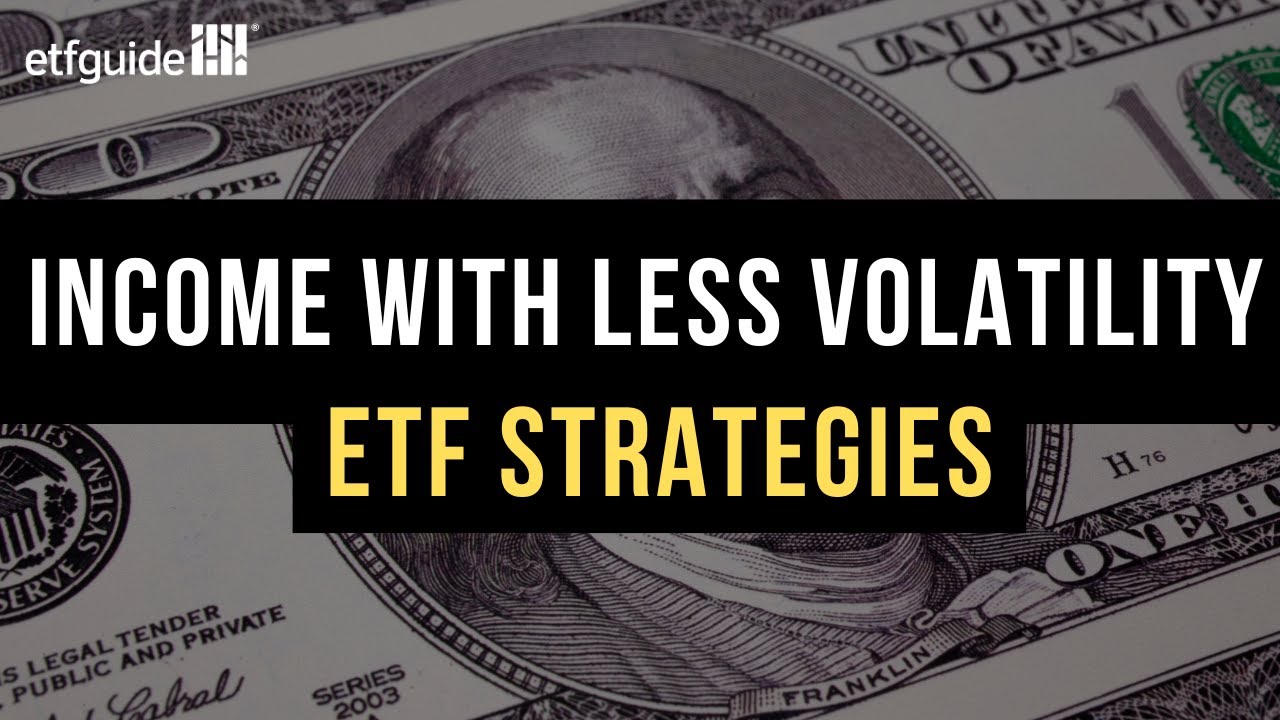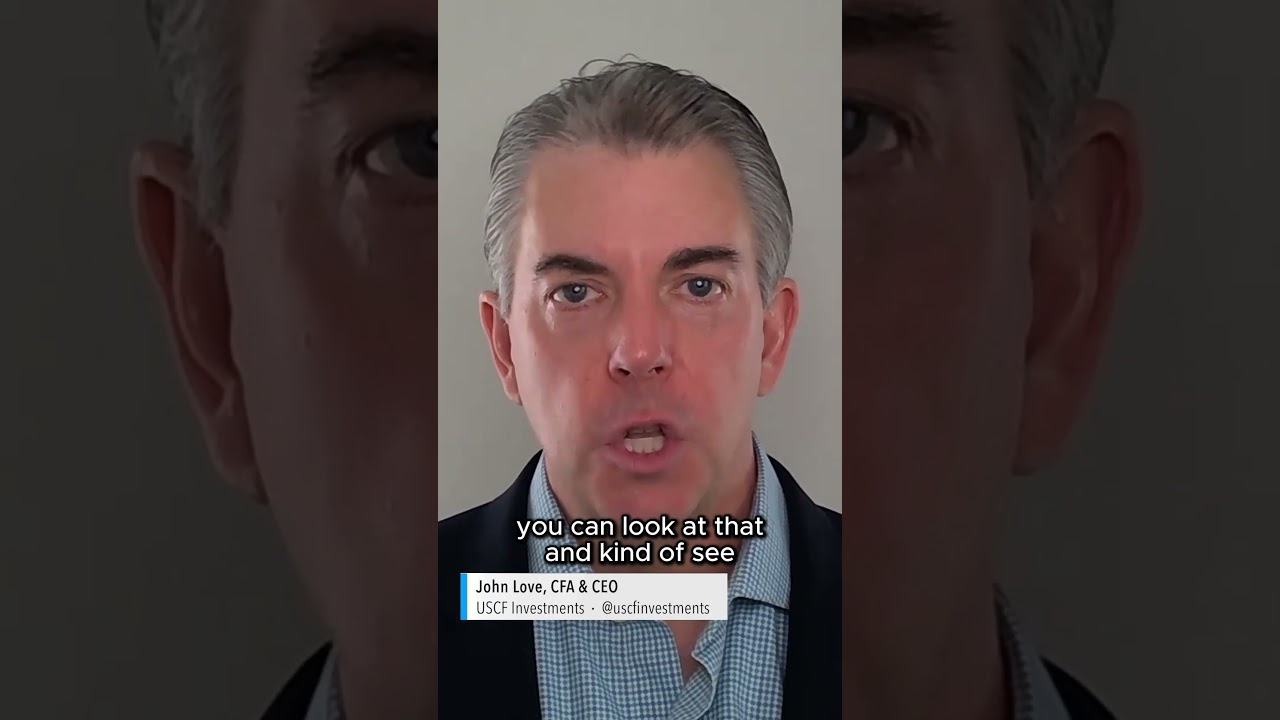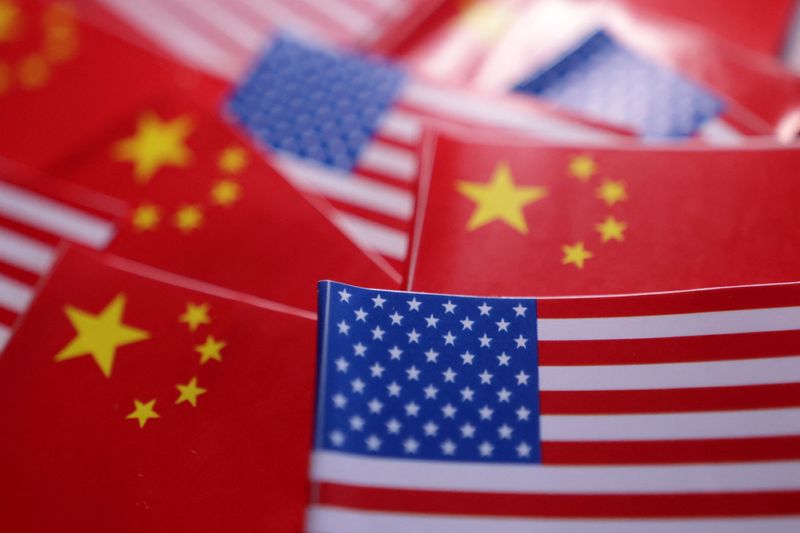Amazon Prime’s VP knows you’re sharing accounts—but for now he’s holding off a Netflix-style crackdown
Amazon Prime's vice president Jamil Ghani told Fortune in an exclusive interview: "Our membership is different to a lot of others in that it is purposely meant for household individuals living together."

- Amazon is aware that some customers are sharing Prime accounts beyond their households, but rather than enforcing strict measures like competitors such as Netflix and Disney, it is focusing on encouraging individuals to get their own memberships.
Amazon knows some of its customers are gaming the Prime system. The tech giant is well aware that a portion of orders aren’t just placed by people who aren’t the account holder; they’re placed by customers who don’t even live under the same roof.
While Jamil Ghani, vice president of Amazon Prime, says that’s not how the service is intended to be used, he’s trying to encourage individuals to create their own accounts instead of outright banning the habit.
So far, Prime stands out as one of the few major services in the subscription space that hasn’t cracked down hard on account sharing.
Netflix announced its intention to ban password sharing in May 2023, writing to customers that if they wanted to share accounts with people outside their homes, they would have to transfer the account or add a new user.
Disney followed suit in September 2024, saying its + subscription service “cannot be shared outside of your household.” Likewise, Warner Bros Discovery confirmed in December that its Max streaming service would start “some very early, gentle messaging” about password sharing.
Amazon, which offers Prime streaming as part of a wider package that includes speedy deliveries on everything from groceries to apparel, promotions and discounts, and reading and gaming benefits, has thus far favored a more carrot-than-stick approach.
Speaking to Fortune in an exclusive interview, Ghani said he had nothing “official” to share on the issue of account sharing.
While not ruling out potential action, Ghani added: “Prime is meant for the household. Our membership is different to a lot of other memberships in that it is purposely meant for household individuals living together.
“That could be a family, that could be adults cohabitating, whatever, but because of the nature of the benefits themselves, you don’t often just shop for yourself. When you’re living with other people, you shop for the household.”
But the executive, named one of Fortune’s 25 Most Powerful Rising Executives in the Fortune 500, added: “We are also aware that folks are sharing beyond that audience.”
While the move to crackdown on password sharing initially infuriated users, it proved something of a goldmine for platforms themselves.
In the final quarter of 2024, the most recent data available, Netflix confirmed it had added 19 million users, increasing global paying membership by approximately 41 million over the year prior.
Revenue in Q125 hit $10.5 billion, up 12.5% year-on-year, and is expected to hit $11 billion by Q2.
Bigger picture
Of course, Amazon’s Prime isn’t merely a streaming service. First and foremost, it offers one-day delivery options and same-day options for some zip codes.
In some cases, Ghani added, work carried out on Amazon’s supply chain means some deliveries are now made within mere hours.
On top of that, while the Prime business is integral to the Amazon brand, it also slots into a much wider picture of a Big Tech titan with a market cap of $2.2 trillion.
Amazon’s other interests encapsulate cloud computing platform Amazon Web Services (AWS), online retail stores, and healthcare—with endeavors into artificial intelligence also taking centre stage on more recent earnings call.
As such, in context, Amazon has less to gain or lose by changing its account policies than other models.
That being said, it would be a tough call for any business to ignore the potential of a password-sharing ban when it has worked out well for competitors.
Ghani outlined the plan for Prime at present is to encourage people to sign up for their own accounts by making it as convenient and affordable as possible.
Ghani told Fortune: “We’re relaunching the Prime young adult program which is all the benefits of Prime and more for folks that are [aged] 18 to 24.
“That is a good example of easing that transition from maybe being on your parent’s account to having your own account and all the benefits that come with it: Your own payment instruments, your own personalization history, your own order history, your own privacy.
“Same thing for folks that are on eligible forms of government assistance. We have Prime Access, which is a 50% off program for folks who find themselves on hard times.”
With consumers battling an uncertain economic outlook, the challenge for Ghani is to maintain value in customers’ eyes.
“We want all of our customers to experience Prime because we do think it’s the best way to be an Amazon customer, and we’re making it easier and easier for members to … have a direct relationship of their own,” he said.
This story was originally featured on Fortune.com





